Northern Frontiers of Buddhism: Buddhist Heritage of Afghanistan, Uzbekistan, Kalmykia, Tibet, China, Mongolia and Siberia
₹2,200.00
Sold By:
Motilal Banarsidass Publishing House
In stock
Too Good to Resist Sale is Live BUY AND SAVE NOW
SKU:
9788120838130
Categories: Bhagavad Gita, Books
Tags: Buddhism, Buddhism,Motilal Banarsidass, Motilal Banarsidass
One of the seeming miracles in the story of man is the spread of ideas, across the barriers of formidable mountains, vast oceans and national boundaries. The warm acceptance of concepts from distant lands goes to underline the deep similarity of human nature and aspirations everywhere. one of the greatest examples of the dissemination of philosophic and artistic ideas is the spread of Buddhism from the Indian subcontinent to the many countries of Asia. (We must remember that these ideas spread entirely without the use of the sword.)
Buddhism has a great vision of the eternal harmony of the world. This faith, with its message of compassion, spread far and wide and shaped the culture of a continent. This is a culture of peace and gentleness which continues, even in the midst of the materialistic world of today.
From earliest times of Buddhism, the influences of the faith reached Afghanistan, Uzbekistan and other parts of Central Asia. It was both the Theravada and Mahayana orders that traveled far and wide across this region.
The concept of samsara, of maya and mithya, the illusory nature of the material world around us, was crystallized in the Upanishads by the 8th or 9th century BCE. The high purpose in life was to be able to see beyond the veils of illusion, to the eternal truth. Persons who were able to achieve this were known as Buddhas or Enlightened Ones and Tirthankaras or Victors over the Fear of Death.
Vajrayana Buddhism was born out of an intellectual search, at the great universities of Eastern India and in Kashmir, in the First Millennium CE. It is believed to have the clarity and indestructible nature of a diamond, as well as the striking nature of a thunderbolt. Its purpose is to free us and to dispel the veils of ignorance, with the force of a clap of thunder.
It is this form of Buddhism which traveled to Tibet, Mongolia, Buryatia and Kalmykia. and over
the next two thousand years this vision of life and path pervaded the culture of present-day Sri Lanka, Myanmar, Thailand, Laos, Vietnam, Indonesia, Nepal, Bhutan which is studied in this fully illustrated book.
Review(s)
About the Author(s)
Benoy K Behl is an art-historian, film-maker, and photographer who is known for his tireless and prolific output of work over the past 34 years. He has taken over 36,000 photographs of Asian monuments and art heritage, made 126 documentaries on art history, his exhibitions have been warmly received in 32 countries around the world and he has been invited to lecture by most of the important universities and museums around the world, which have departments of Asian art.
Additional information
| Weight | 0.5 kg |
|---|---|
| Dimensions | 10 × 11 × 12 cm |
| Book Author | Benoy K. Behl |
Be the first to review “Northern Frontiers of Buddhism: Buddhist Heritage of Afghanistan, Uzbekistan, Kalmykia, Tibet, China, Mongolia and Siberia”
You must be logged in to post a review.



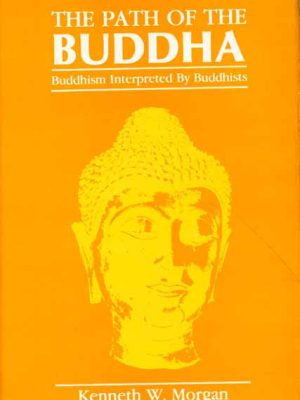

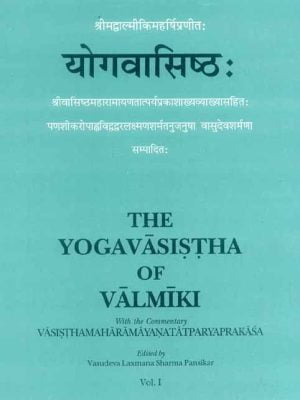
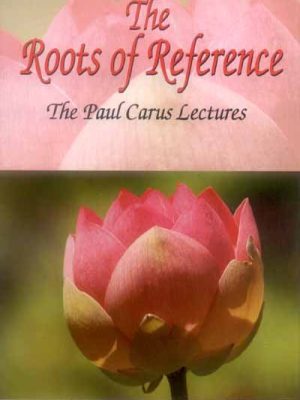
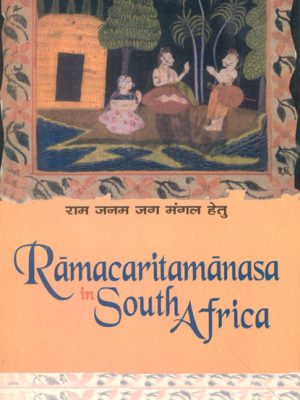
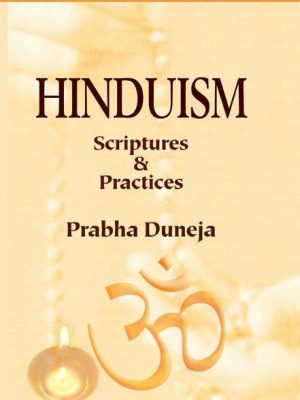
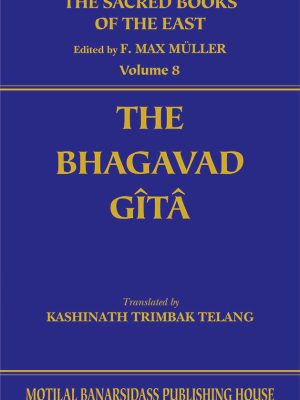
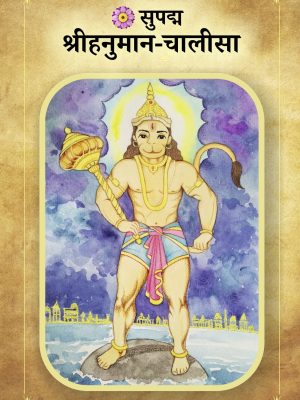




Reviews
There are no reviews yet.